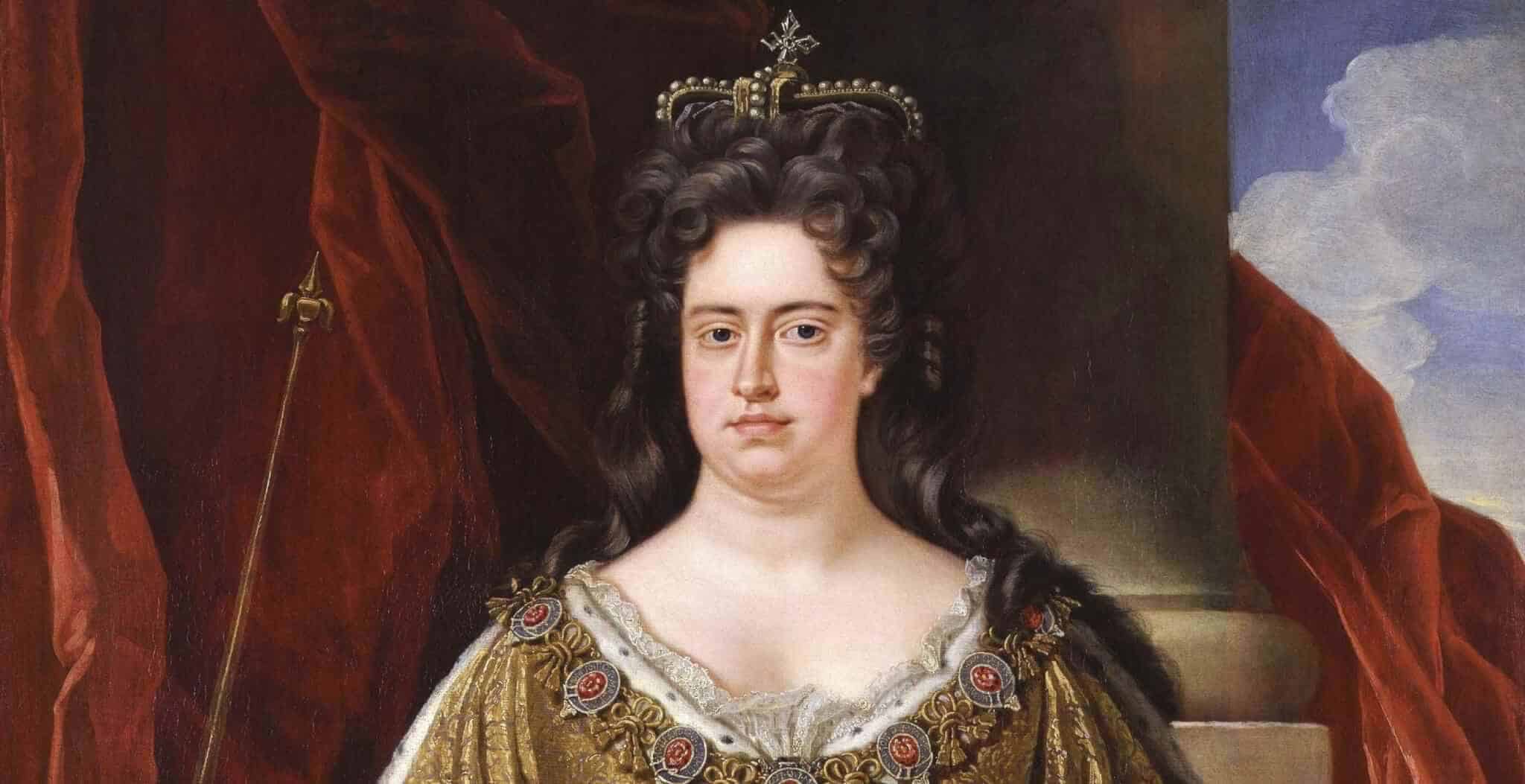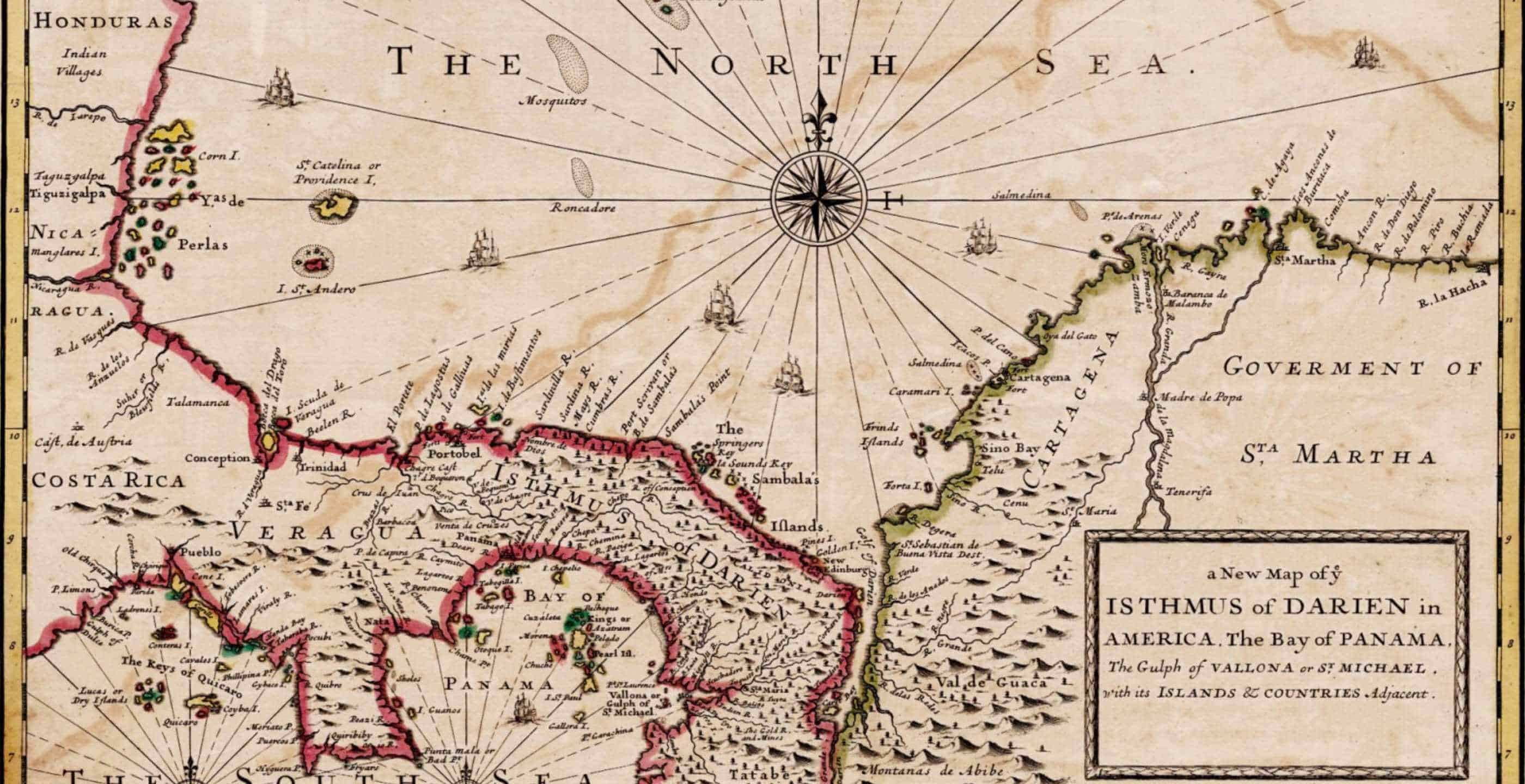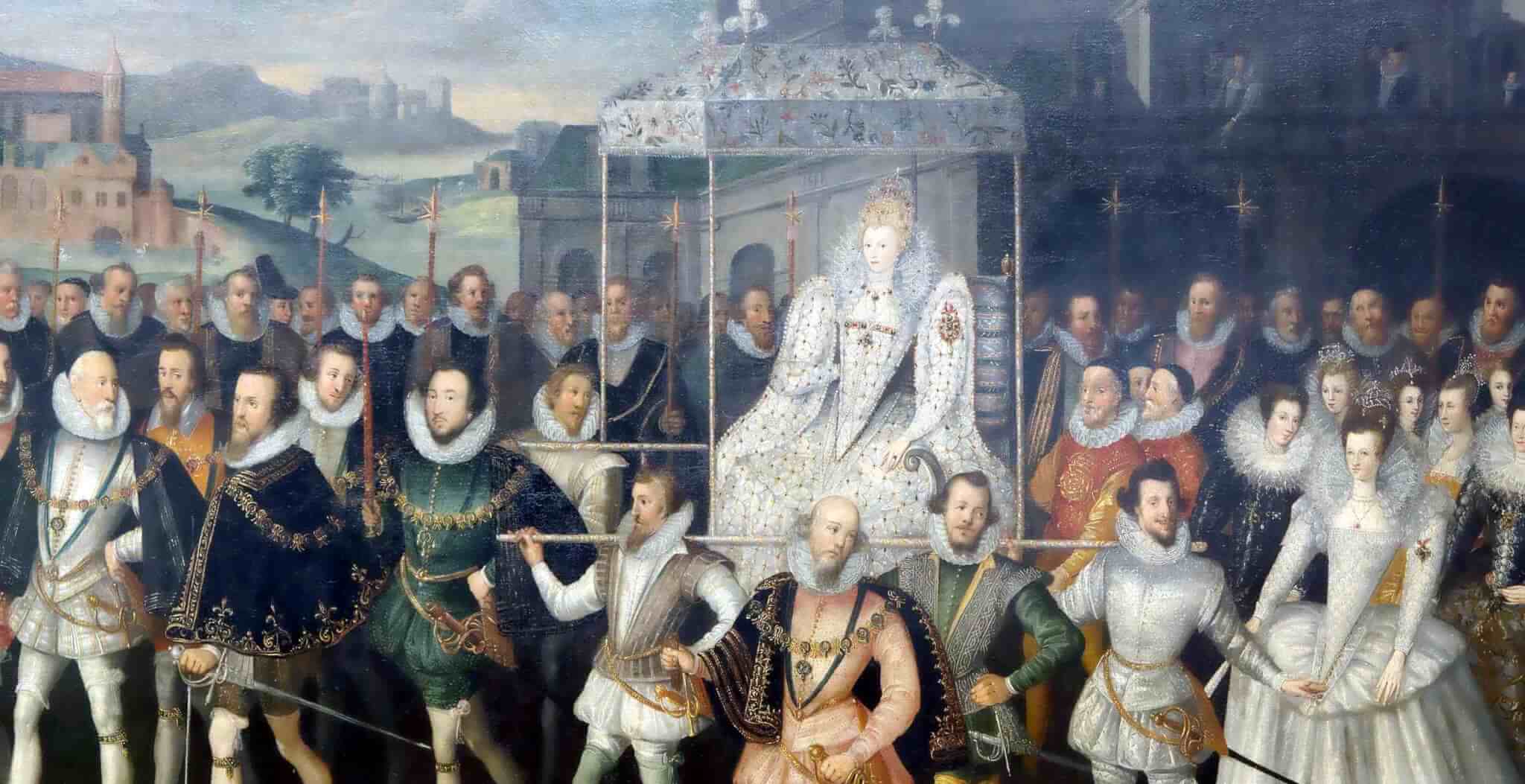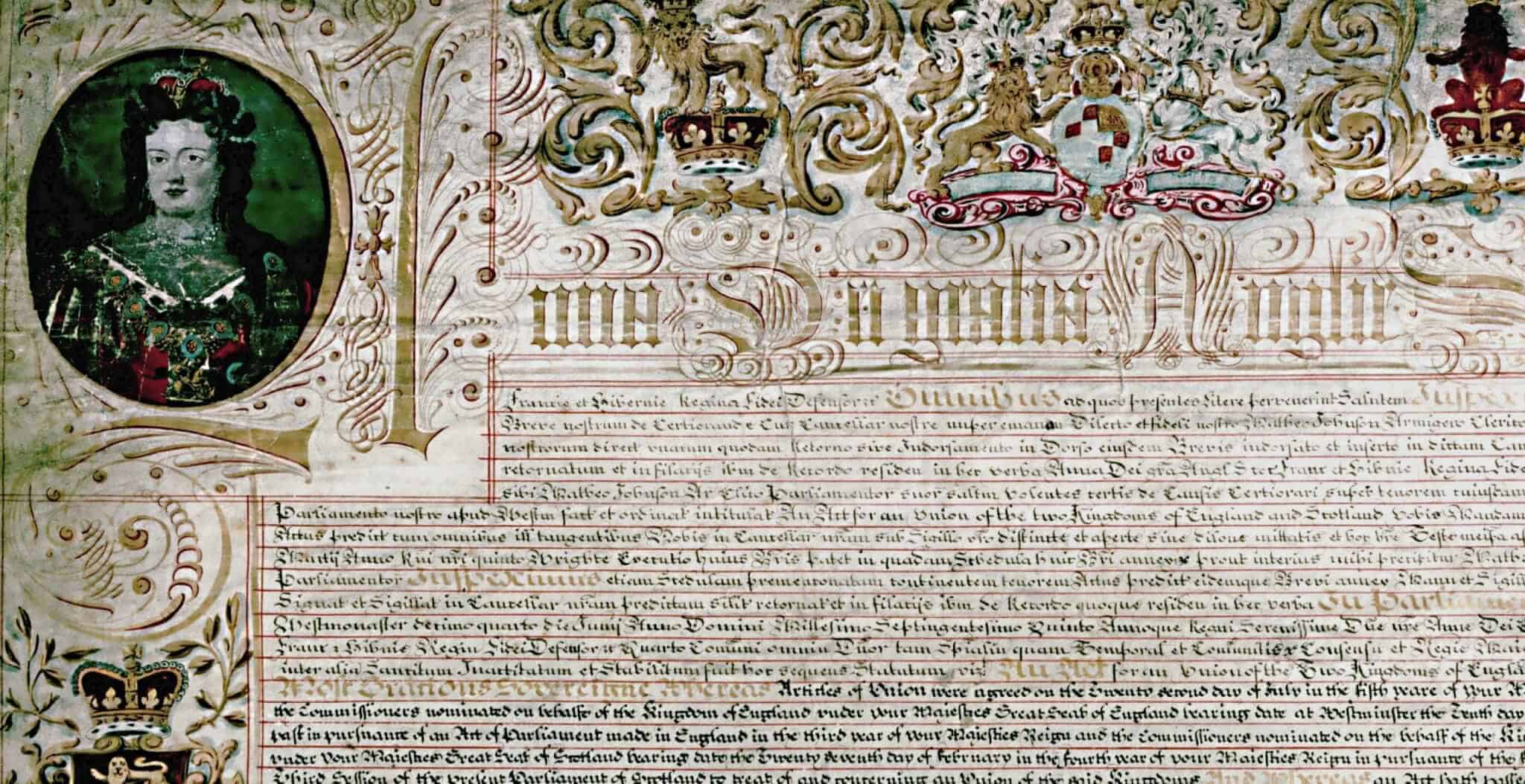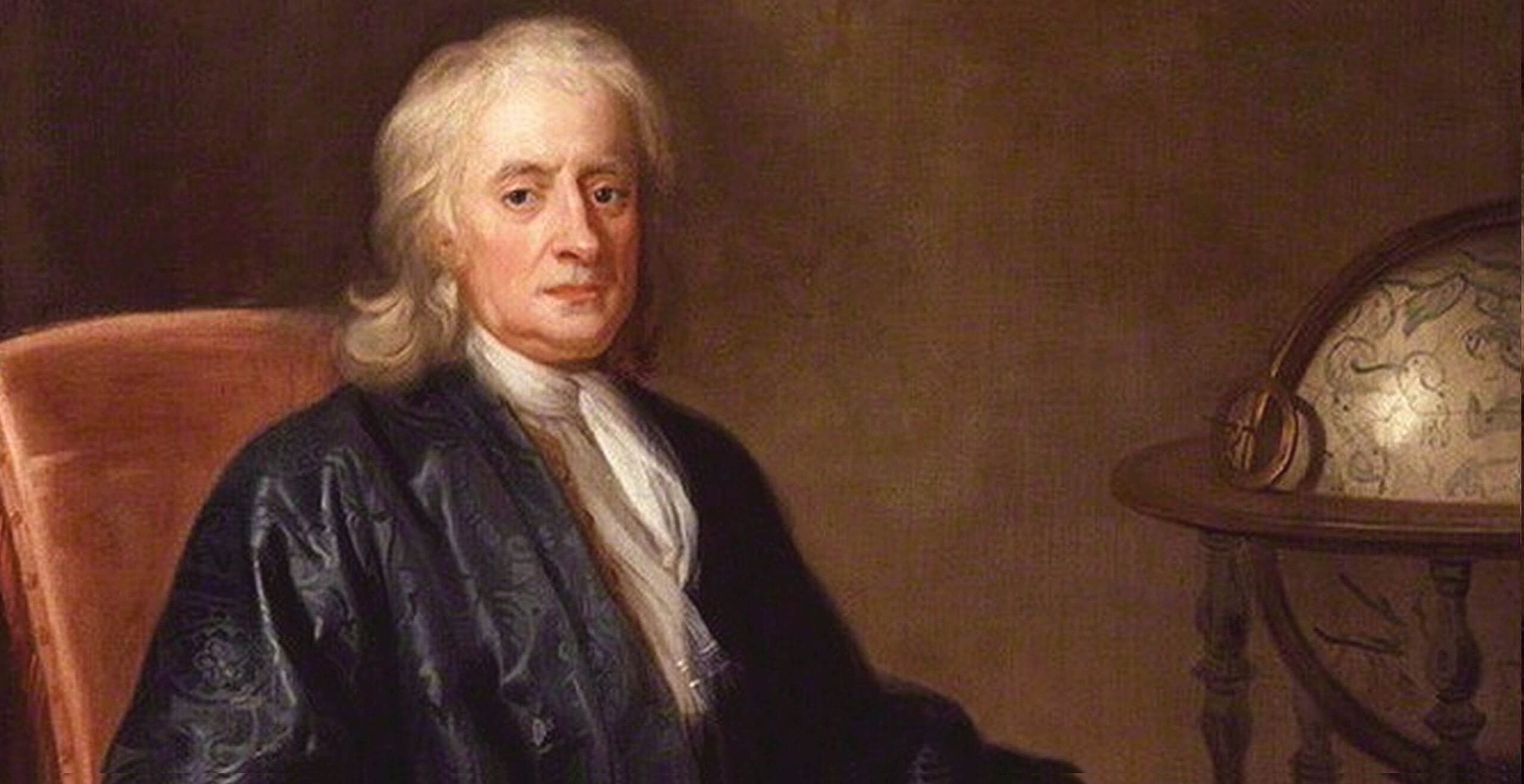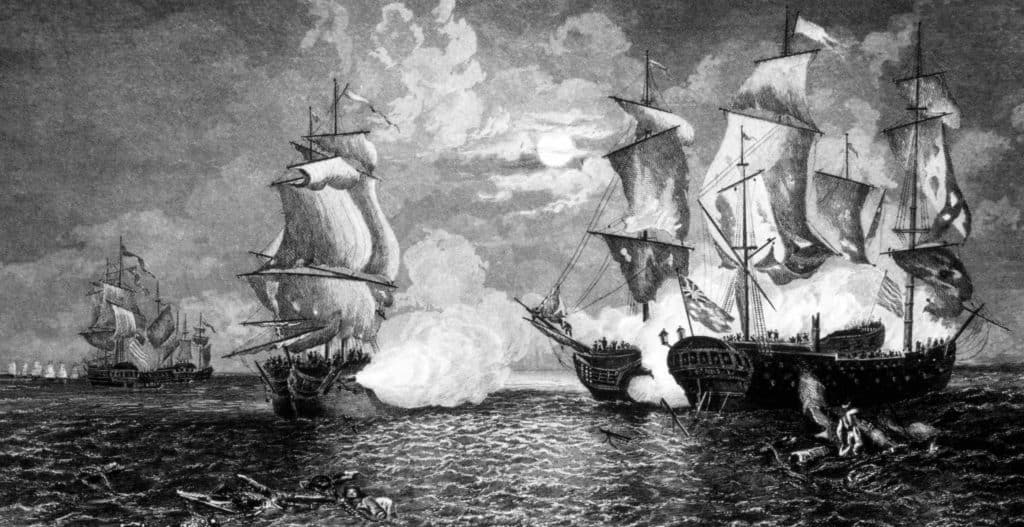Queen Anne (1665 – 1714) was the last of the Stuarts, the second daughter of James II and his first wife Ann Hyde. She was shy, conscientious, stout, gouty, shortsighted and very small.
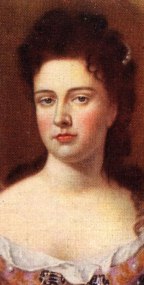 Anne did not have a particularly happy married life. By all accounts her husband, Prince George of Denmark, was a drunk and a crashing bore.
Anne did not have a particularly happy married life. By all accounts her husband, Prince George of Denmark, was a drunk and a crashing bore.
Prince George was a gross, rather ridiculous figure, even King James, Anne’s father, remarked “I have tried him drunk and I’ve tried him sober, but there is nothing in him”.
Anne never enjoyed good health, and the almost constant pregnancies that ended in miscarriages did not help. She became pregnant 17 times, but only one child lived, William, who became the Duke of Gloucester. Unfortunately he died aged 11, it is thought of hydrocephalus.
Anne was 37 years old when she became queen in 1702. At her coronation she was suffering from a bad attack of gout and had to be carried to the ceremony in an open sedan chair with a low back, so that her six-yard train could pass to her ladies walking behind.
Her closest friend was Sarah Jennings, who was later to become the Duchess of Marlborough when her husband, John Churchill, was made Duke of Marlborough after his great victories over the French.
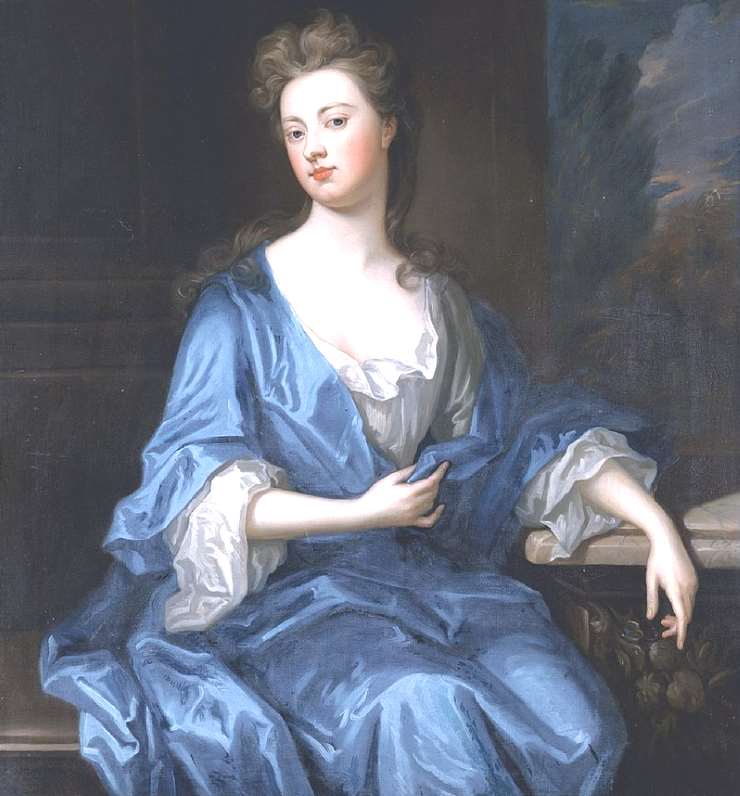
The friendship between Anne and Sarah Churchill is well documented. They were inseparable, and when they were apart they corresponded using ‘fanciful’ names. Sarah was Mrs Freeman and Anne, Mrs Morley.
They had been very close friends for many years before Anne became queen. Lady Clarendon, who was Anne’s first Lady of the Bedchamber, said Sarah ‘looked like a mad women and talked like a scholar’.
Later, Sarah was to be supplanted in Anne’s affections by a cousin of hers, Abigail Hill. She had caught the Queen’s attention during Sarah’s frequent absences from Court, and Sarah was never again to be the Queen’s closest confidant.
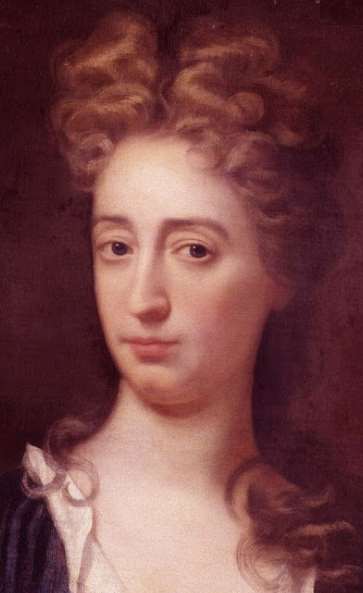
John Churchill, Duke of Marlborough was one of England’s greatest soldiers, a brilliant exponent of the use of mobility and firepower in the field.
The story goes that the queen was playing dominoes at Windsor when a Colonel Parke brought her a momentous message from the Duke of Marlborough.
It was addressed to Sarah, and was written on the back of a tavern bill…it read ‘I have not time to say more, but I beg you will give my duty to the Queen and let her know that her army has had a glorious victory’. The glorious victory was over the French, and the battle was Blenheim.
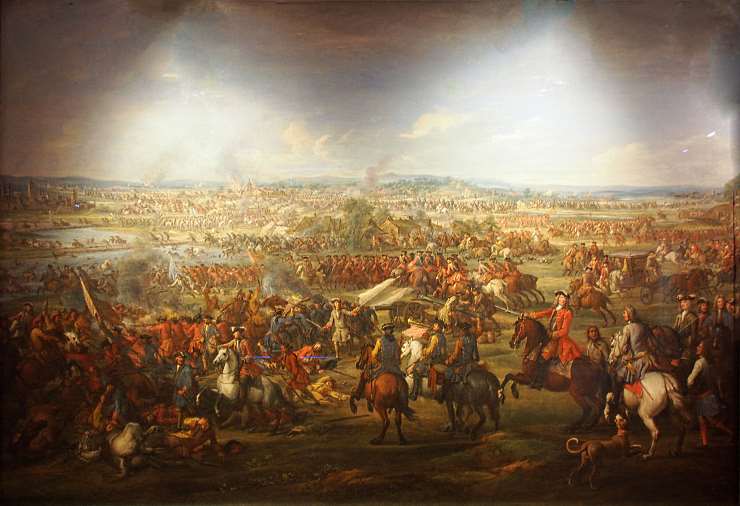
The Queen with tears running down her cheeks gave Parke a miniature of herself and a thousand guineas in reward.
The year was 1704 and in 1706 there was another great victory at Ramillies, followed by another at Oudenarde in 1708, and at Malplaquet in 1709.
To show the country’s appreciation, Anne and Parliament gave the Duke of Marlborough land at Woodstock in Oxfordshire, and built him a magnificent house, designed by Vanburgh, called Blenheim Palace. Another famous member of the Churchill family, Winston Spencer Churchill was born there in 1874.
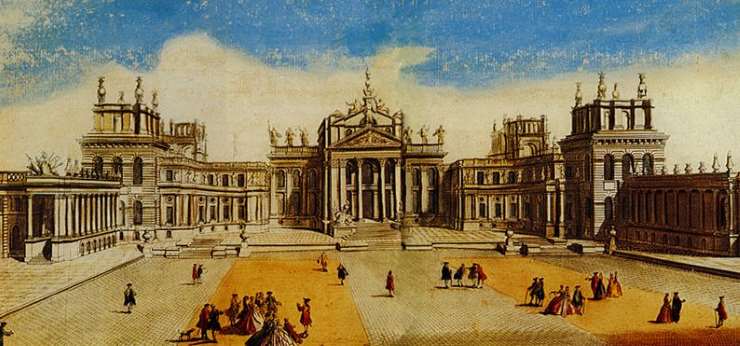
In 1704 the English captured Gibraltar and the Treaty of Utrecht in 1713 ensured that England had a permanent foothold on the Spanish mainland.
The reign of Queen Anne was a brilliant one …and one which included many exceptionally talented men: Swift, Pope, Addison and Steele were writing prose and verse, Sir Christopher Wren was finishing the building of St. Paul’s Cathedral and Locke and Newton were propounding their new theories.
The United Kingdom of Great Britain was created during her reign by the Union of England and Scotland.
Anne herself created ‘Queen Anne’s Bounty’ which restored to the Church an increase in the incomes of the poorer clergy, a fund raised from the tithes which Henry VIII had taken for his own use.
Having endured ill health most of her life, Queen Anne died after suffering a stroke on Sunday 1st August 1714 at the age of 49.
Queen Anne does not enjoy the same place in history as some other Queens of England, perhaps because she lacked the charisma of Elizabeth I, Mary I and Victoria, yet in her reign great deeds were done.
During her reign she oversaw the creation of the United Kingdom, Britain became a major military power and the foundations were laid for the 18th century’s Golden Age.
Published: 20th February 2015.
